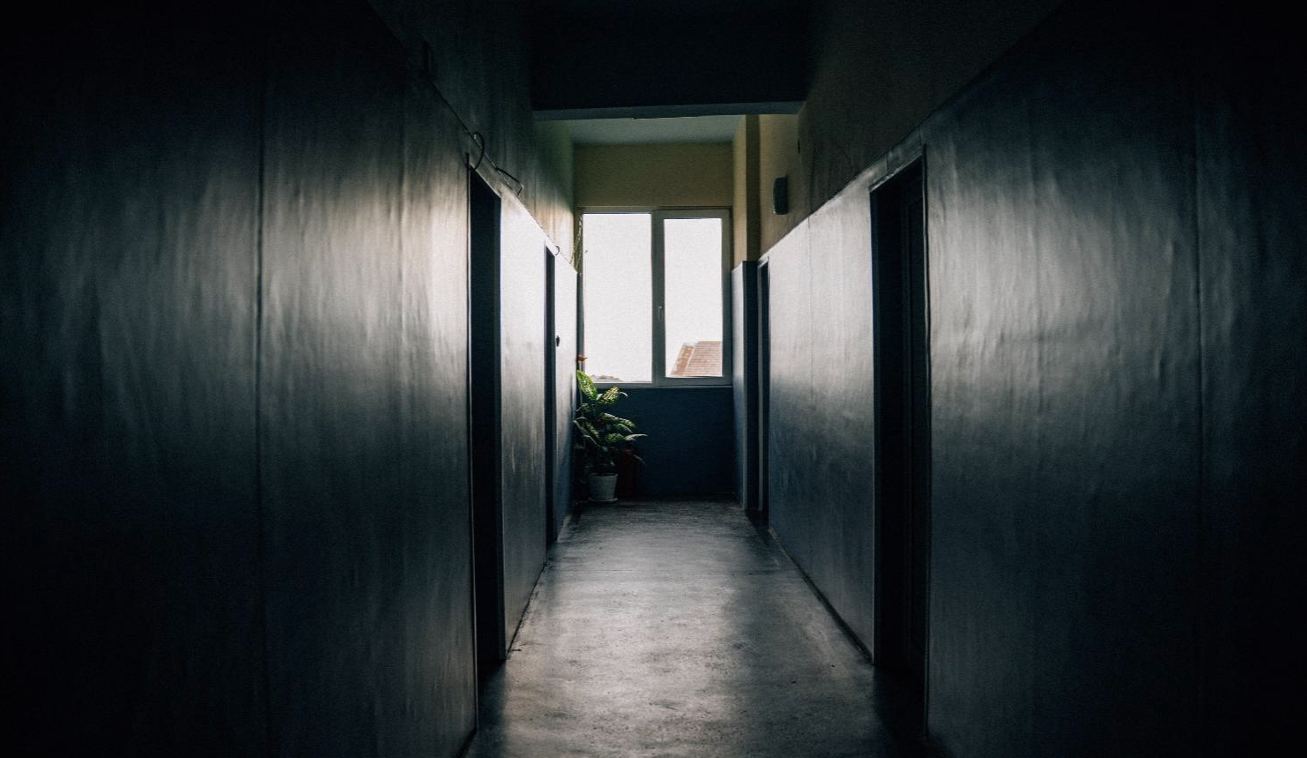Spain is among the countries most affected by the corona virus (COVID-19) pandemic. We asked the Forum for Independent Living in Spain for their account of what is going on in their country, and how it is impacting disabled people in the community and in institutions.
“From the start, with the surprise and the limited scope for action that the OVI had, we had to be organized. I think we all got caught off guard. Apart from the initial bewilderment, this situation has made us much more aware of our vulnerability and also forced us to learn how to find solutions for our immediate needs…. Undoubtedly the most complicated is the lack of masks and the fear of running out of assistants.” (a representative of OVI, a Spanish Center for Independent Living)
“Here in Alcoi, the situation is quite complicated, the army has already moved to disinfect the streets. In a nursing home, there are 45 infected with coronavirus…. Now, I can say that I have 67 hours a month of personal assistance, managed by a private company. The PAs have only been provided with a mask and safe passage, I have bought them the gloves and the gel.” (a PA user)
The health crisis unleashed by COVID-19 threatens to overwhelm the public health system in Spain and brings the need to introduce drastic measures to slow down the progression of the disease. Both the virus and the measures proposed are of general character, impacting the entire population. But, while we know that older and disabled people (referred to as ‘people with functional diversity’ in Spain) are especially vulnerable to the disease, we also need to make sure that their rights are protected during the pandemic, and that appropriate measures are put in place.
The Forum has always promoted an Independent Living model that allows us to live in our homes with the supports we need (Personal Assistance and technical aids). However, only a small number of disabled people have access to personal assistance, while many others can only get home help services, informal support from their families, or are forced to live in institutions.
As part of the measures put in place by the state to deal with the pandemic, those aimed at disabled people include: disabled people may go out accompanied by another person to carry out the basic chores allowed (go to supermarkets, pharmacies, tobacco shops and/or gas stations); an important economic injection has been approved to cover the needs of “dependent” people, which has not yet been specified; information brochures on prevention have been distributed to disabled people and also those who support them or provide care.
However, there has been no reference or specific measures targeting disabled people who have personal assistance and live independently. The few Centres for Independent Living (OVIs) that manage independent living and personal assistance projects in Spain have not had direct communication with the autonomous administrations on which they depend. This has resulted in the following:
– There has been no provision for protective equipment for personal assistants (gloves, masks, disinfectant gel etc.), who have to keep coming to work at our homes. Nor for disabled people, who are in the risk group. Each person had to acquire this on their own, both for the assistants and for ourselves.
– No guidance was provided to OVIs on how to deal with corona virus sick leaves of our personal assistants.
– Some OVIs were asked by autonomous administrations to communicate positive cases among users and personal assistants.
– When the government, administrations and the media refer to the work of the personnel in the health, labor and social fields, personal assistants are never mentioned.
The Forum considers that personal assistance and independent living are the best option for disabled people, even during the pandemic, as they allow us to stay home, meet our basic needs and continue our daily activities, without putting others at risk. The situation is different for those who do not live independently. For example, day centers for disabled people have been closed, which implies that their users will have to stay at home in the care of their families (if they have them). In Valencia, COCEMFE has announced to people in need of support that they will no longer have home support services from March 16th. This has been the case in other regions too, where home help services were either cancelled or reduced to meet the very basic needs, leaving family members to cover for all other needs.
Despite that, we continue to see a lack of recognition for independent living. As disabled people living independently with personal assistants, we would like to know the answers to the following questions:
1) What are the measures taken to ensure that professionals working in the homes of disabled people (Personal Assistants and home help service) can access their homes in case of movement and/or use of public transport restrictions?
2) What are the plans to ensure these professionals have the necessary protective equipment to carry out their duties?
3) What are the plans if a staff member in an institution tests positive for COVID-19? What measures will be taken to minimize infection? Will all other staff be quarantined? How will they be replaced? What are the plans if the facility staff become ill and do not come to work?
4) Is there any specific training to prepare these professionals for COVID-19?
5) What are the plans to communicate emergency information to people who are blind or deaf, or who have other access needs?
On a positive, it is necessary to emphasize actions of solidarity. We must add our own, because we have plenty of experience in handling complex situations. We live and survive daily in situations of isolation, harassment, institutional confinement and social abuse, and other types of violence. That is why we consider ourselves skilled to deal with certain situations which we find ourselves in at the moment. While this may sound strange to some, we could say that we are like cockroaches that survive everything – because our survival is not only at stake, but proven through years of contempt.
*Image by Pete Linforth from Pixabay


